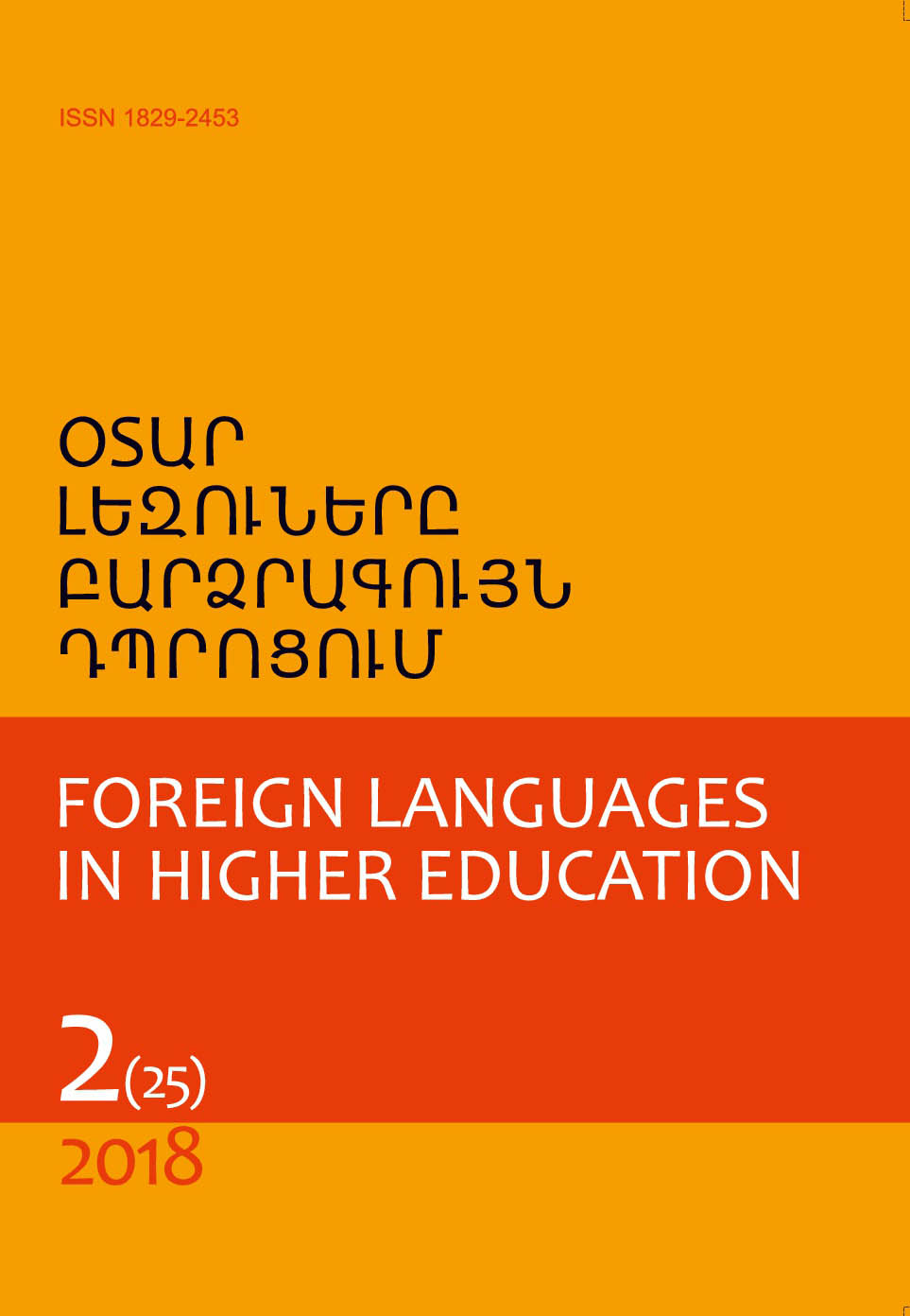PROMOTING STUDENT LEARNING THROUGH “TIME FOR TEA” PROJECT
DOI:
https://doi.org/10.46991/FLHE/2018.22.2.115Keywords:
educational/academic mobility, mobility of youth workers, Erasmus , Time for Tea project, student exchange, virtual mobility, intercultural awareness, incoming/outgoing mobility, professional development, employabilityAbstract
Mobility in education system is on the rise. People have been attracted to study abroad from medieval times. Emo of Friesland is widely believed to have been the first international student in Oxford in the 12th century. His motives to study abroad were almost the same as that of the students’ of the 21st century – to experience new culture, gain knowledge and skills, build networks and develop competences. Globalisation has more than ever boosted mobility of students and youth workers all over the world. The article aims at investigating the main types of mobility, their advantages, as well as the downside of such programmes. It will particularly focus on the overall purpose and outcomes of a concrete Erasmus+ funded three-stage international youth worker mobility project called Time for Tea.
Downloads
Published
Issue
Section
License
Copyright (c) 2018 Author(s)

This work is licensed under a Creative Commons Attribution-NonCommercial 4.0 International License.




